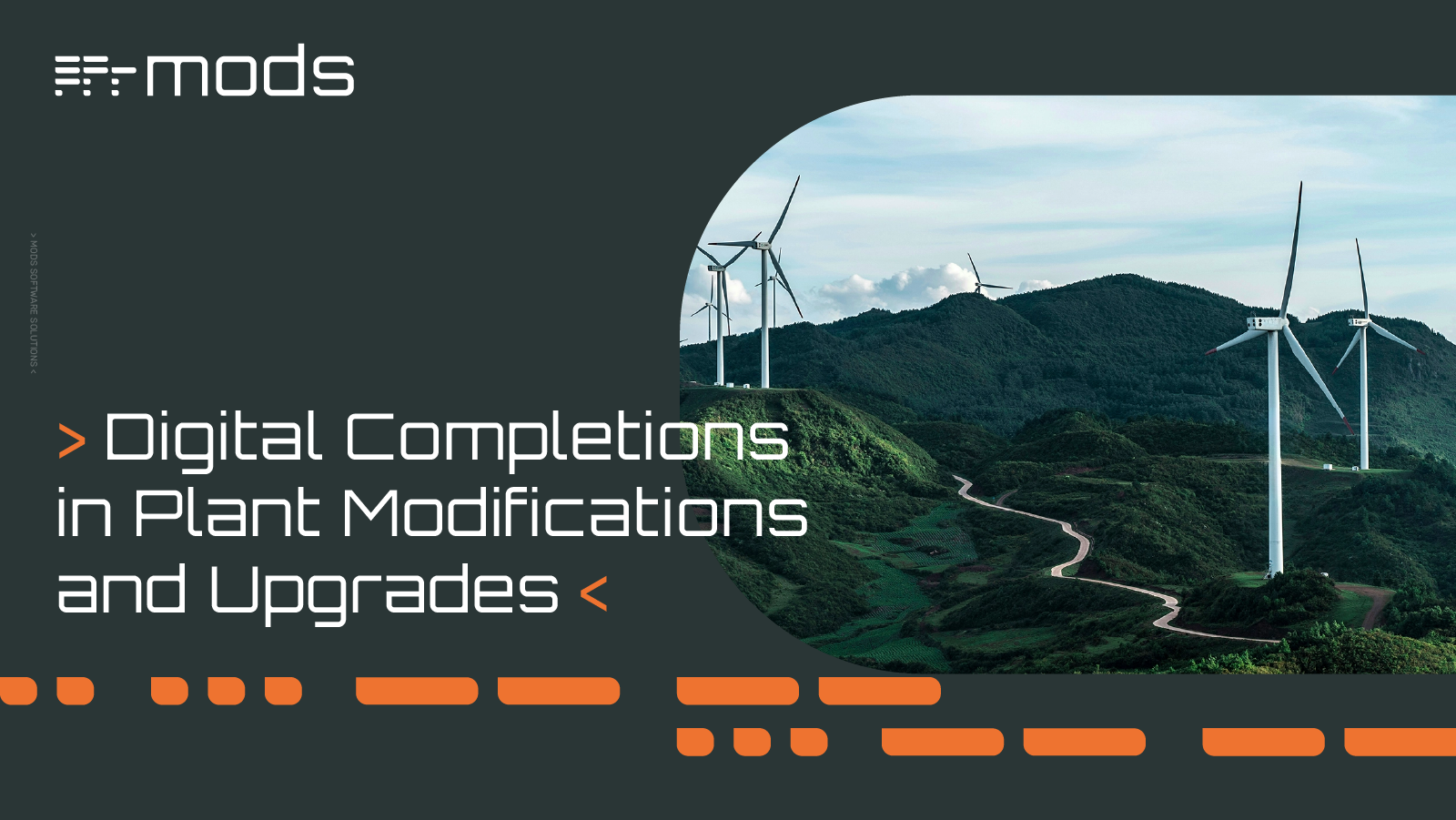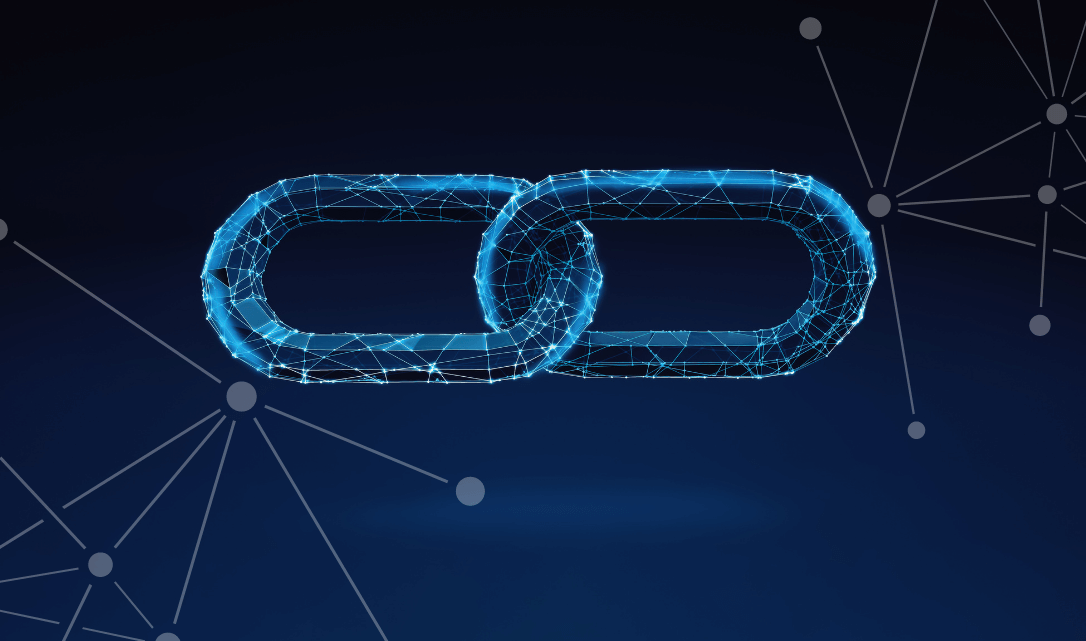Digital Completions in Plant Modifications and Upgrades
Unlike greenfield or any new build construction projects, plant modifications and upgrades present a unique set of challenges. Work is carried out...

“Mobile is becoming not only the new digital hub, but also the bridge to the physical world. That’s why mobile will affect more than just your digital operations — it will transform your entire business.” This quote by Vice President and Principal Analyst of Forrester Research, Thomas Husson, lays out a clear message that the future is most definitely a portable one.
Whether they’re downloaded on to telephones or tablets, mobile applications or ‘apps’ as they’re more familiarly known, are changing how we conduct our daily lives and especially so in the workplace. The COVID-19 pandemic has certainly accelerated the adaptation of business processes and practices with ‘remote’ working becoming a necessary alternative for many employees. A market insight survey conducted by Verdantix, an Independent Research Firm, illustrated: “Seventy-nine percent of Operations Executives noted that the pandemic and recession had caused new investment in mobile apps for inspection and maintenance use cases”.
The power of mobile technology doesn’t stop with the practicalities of inspection or maintenance tasks. Mobile apps are influencing hazard notification, task and monitoring alerts, audits, training delivery, remote assistance, and lone worker support to name but a few. And with the ability to track users through their handhelds, the implications to health and safety at work are exponential with proximity warning notifications and COVID-19 self-assessment forms already in use.
In the Energy Sector, mobile technology is becoming a vital component to Software Solutions integrated into Green-field and Brown-field sites. These apps revolutionize project and day-to-day management tasks and transform communication between key workers. This includes their related files, the progress of their projects and the transparency with management and stakeholders, all this with the option of going completely paper-less. Information can be instantly accessed – from anywhere in the world. Mobile apps are the ultimate ‘upgrade’ for businesses wishing to stay competitive in their market. And as Verdantix predicts: “Adoption of mobile apps is set to maintain its upward trajectory as corporates seek to leverage capabilities”.
MODS’ CEO, Jon Bell, has been a trail-blazer for mobile technology for more than ten years and whole-heartedly agrees that digital transformation is only just being realized by organizations for its endless potential:
“MODS Software products have been getting some great feedback from our customer base. We have mobile technology in the field and have a central hub based on Microsoft Azure. MODS Connect is one of our products that really brings all the information together to identify campaign maintenance, from a fabrication point of view, from materials management, joint integrity and such like. We’re putting a lot of emphasis on how we better support all of these, coordinating and improving communication and connectivity between workers and departments on and offshore. Our mobile hand-helds, depending on the locations’ Wi-Fi restrictions, can update related systems instantly. If there’s a safety issue where that’s not possible, then you’re looking at an as-live update three or four times a day when operators can link up their hand-helds. This keeps everyone informed with the state of daily progress and also simplifies the job for everyone.
Work packs, for example, can sometimes involve fifty plus pages of related documents. With mobile technology, we can focus on just the necessary information required so that workers aren’t delayed wasting time looking through them all. The filtered information is exactly what they need, it’s updated and uploaded on the system and all the associated forms are automatically filled in, all very efficient. And if there’s an issue with the wrong bolt used or torque applied, then mobile technology also flags this up to those who need to know. Everyone who has access to the system has identifiers and so we can all see who’s been working on the task and if they’re appropriately qualified to do so. If there are any areas for concern, comments can be added, and it’s possible to add signatures to sign-off work, that’s a massive time-saver, all in all it makes everything very portable and practical. Mistakes and omissions, basically ‘human error’, is reduced dramatically if not eliminated, due to the technology monitoring and checking; gone are the days of delays caused by avoidable issues”.
Software solution providers are keenly aware that their products need to be constantly reviewed and improved. Jon is quick to stress that digital and mobile technology is, and always will be, constantly evolving:
“Mobile technology in the Energy sector used to be a substantial investment, particularly due to the outlay for multiple hand-held devices. Intrinsically-safe tablets suitable for use in hazardous or flammable situations such as Oil and Gas settings, need to be robust and reliable. Today’s hardware has dramatically improved in so many ways and costs are now much reduced, this in turn knocks on to the overall CAPEX and practicalities organizations face when implementing mobile technology into the workplace”.
Data collected by or sent to the mobile device ultimately updates project progress along its journey voiding the need to wait for completed paperwork as it’s all achieved, live, on the job. Using digital and mobile technology, automatic population of crucial forms is possible and ensures the correct information is passed on to appropriate departments and systems, it also can prompt users to complete any missing information or areas where quality assurance is below acceptable levels. Jon explains:
“Spreadsheets are fundamentally what most systems are about...they’re notoriously clunky, difficult to read and compare between, our software negates this. Certainly, where we’re using this in the North Sea and Gulf of Mexico, there was a lot of duplication of work and inefficiencies around management of progress, tracking these projects. What we found is by linking the work orders and maintenance systems, we can really provide a far better lens into work that needs be to be executed, make it more efficient and accountable. It’s very much working and exceeding our client’s expectations in saving time and money. Mobile technology plays an especially important role in all of this. It’s the future and there’s no going back. Organizations are realizing that the digital and mobile revolution is real, it’s here and going nowhere. Companies must embrace the change to stay viable in the Oil and Gas game it’s as simple as that”.
Want to know more about digital transformation? Go check out our Digital transformation - everything you need to know.
MODS helped many businesses with the transition to mobile technology. This proactive solution helped our clients increase their productivity by 20 to 70%.  to check how we can help you, too.
to check how we can help you, too.

Unlike greenfield or any new build construction projects, plant modifications and upgrades present a unique set of challenges. Work is carried out...

Turnarounds and shutdowns are among the most critical—and stressful—phases in the management and operation of industrial assets. These planned...

Offshore decommissioning and asset retirement present significant logistical, regulatory, safety, fiscal and reputational challenges. The process of...

With a myriad of options available in today’s marketplace, choosing the right Digital Transformation (DX) partner for your Energy Sector organization...

The Global Pandemic has brought with it, death, devastating life changes and a myriad of workplace changes. The Energy industry did not escape the...
How materials are managed in a project plays a crucial role in the project's cost, integrity, and productivity. Material-related processes, such as...